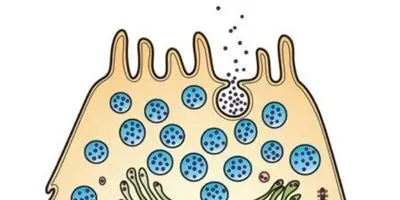 WIKIMEDIA, HOLLY FISCHERThere’s no question that life scientists today are under increasing pressure to produce results of clinical significance. But where, exactly, is this push toward translational research coming from? And what role do scientists working on basic biological questions have to play in advancing medicine? These were key points of discussing at the annual American Society for Cell Biology (ASCB) meeting this week.
WIKIMEDIA, HOLLY FISCHERThere’s no question that life scientists today are under increasing pressure to produce results of clinical significance. But where, exactly, is this push toward translational research coming from? And what role do scientists working on basic biological questions have to play in advancing medicine? These were key points of discussing at the annual American Society for Cell Biology (ASCB) meeting this week.
“[This is] an era where many of our society members feel increasing pressure to do work which is so-called translational,” ASCB President Don Cleveland from the University of California, San Diego, said during a keynote presentation.
Shrinking federal science budgets have certainly incentivized cell biologists and other life scientists to abandon basic research questions for projects with translational potential. But, of course, at the heart of funding decisions are scientists themselves.
“In part, this idea that translation, translation, translation, everything has to have direct translation, was driven by us—we the scientists, those sitting on review panels,” Cleveland said during a later session on the topic.
Gregory Germino, deputy director of the National Institute of Diabetes and Digestive and Kidney Diseases, who was not a panelist ...




















